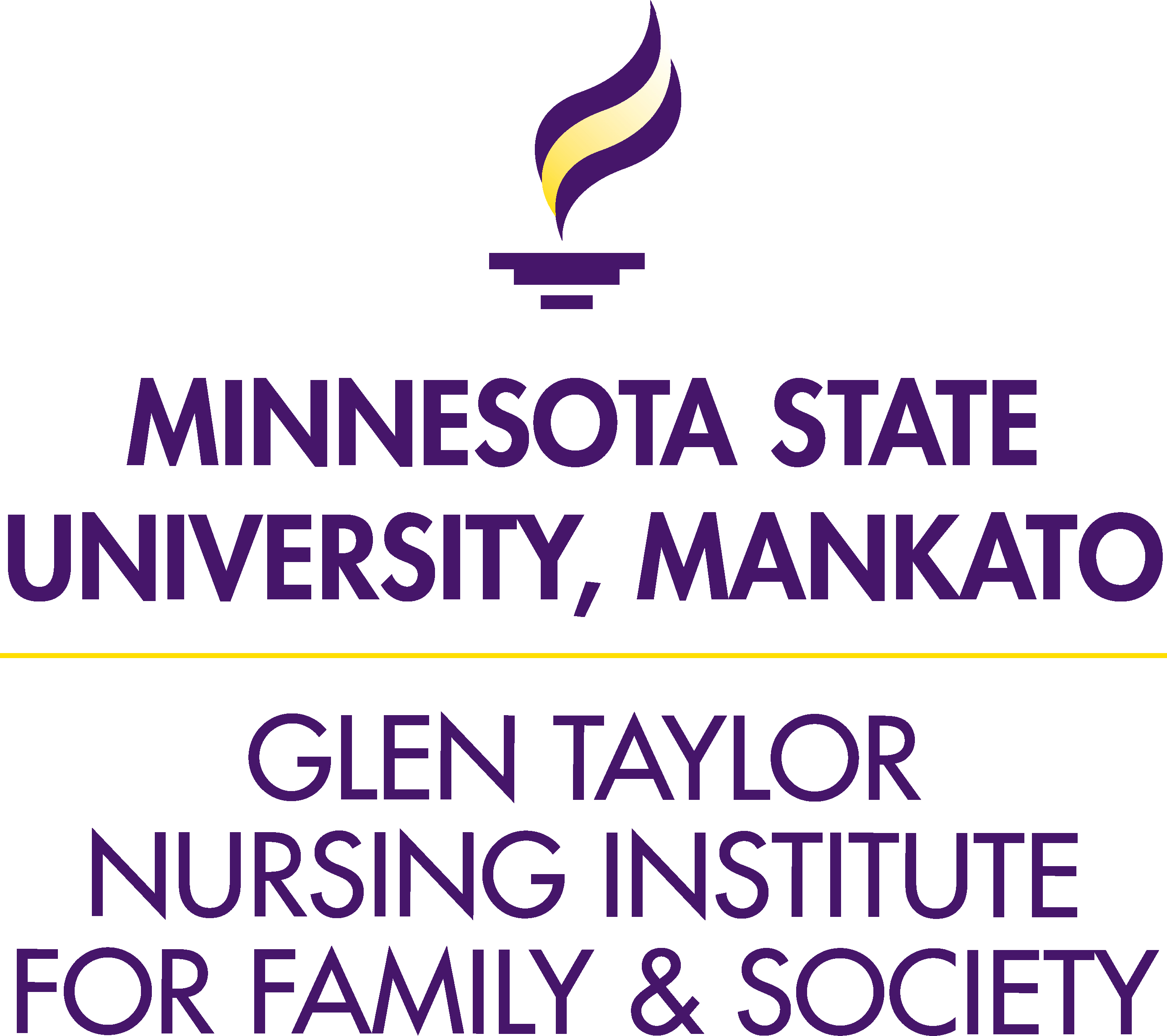The Conference Committee is pleased to promote the Expert Lectures that will be presented at the conference (IFNC16).
Expert lectures provide didactic content on a focused topic related to family nursing research, education, or practice.
Innovative Ways to Enable Partnership with Family
Understanding Ethics In Advanced Family Health Practice: From Theory And Beliefs Towards The Family
What is the Most Compelling Global Family Nursing Clinical Skill?: Curious Compassion.
Innovative Ways to Enable Partnership with Family
Dr. Elisabeth Coyne, PhD, RN Grad Cert Higher Education SFHEA | Griffith University, Australia
Professor Cristina García-Vivar, RGN, MSc, PhD | Public University of Navarre, Spain
Prof Karin B. Dieperink, PhD, RN | University of Southern Denmark, Denmark
Level of Expert Lecture: Intermediate
Partnering with the family as a unit of care ensures a cohesive support network for the patient during acute care. However, with reduction of family visits due to Covid and shorter hospitalisations there is a need to develop innovative ways to bring the family into the conversation. Using technology enables real-time links to family as well as the ability for family to review health education at home. Research has identified that communicating clearly with the family will improve patient outcomes, so the health system needs to use innovative ways to enable family communication in a changing clinical environment.
Advancing Family Science and Family Nursing Research; Strategies for Analysis of Family Data for Family Constructs and Policy.
Suzanne Feetham, PhD, RN, FAAN
Children’s National Hospital Washington DC USA
Level of Expert Lecture: Novice/Intermediate
To advance family science, scholars and researchers need to identify, examine, and apply family constructs of family rules, boundaries, structure, and functions. Using examples of secondary analyses of qualitative datasets from US and Japan, strategies will be described to identify the presence of family constructs even when family was not addressed in the study’s research aims conceptual underpinnings, method, measures, or analysis. Identifying family constructs and examining how they are reflected in a dataset can inform intervention development and testing, sample design, and selection of measures. This lecture will link the identified family constructs to health and social policy.
Understanding Ethics In Advanced Family Health Practice: From Theory And Beliefs Towards The Family
Corina Sgier, RN, MScN | Zurich University of Applied Sciences, Switzerland
Settimio Monteverde, PhD, MME, MAE, RN | University Hospital of Zurich, Switzerland
Margrit Hilpertshauser, RN, MScN | Zurich University of Applied Sciences, Switzerland
Barbara Preusse-Bleuler, RN, MScN | Zurich University of Applied Sciences, Switzerland
Level of Expert Lecture: Intermediate
Every aspect of family nursing is linked to ethics. However, the precise connections and interference between ethics and family nursing remain unlcear. How are our attitudes and beliefs anchored in ethics? How can these reflections help us in systemic and multilateral family consultations? These well-known questions are still not addressed sufficiently in education and practice. An innovative approach to ethics is needed to bring it closer to advanced family practitioners. Literature and previous work of an expert consensus will be presented, and the participants will be encouraged to reflect on their attitudes and will receive impulses for their practice.
What is the Most Compelling Global Family Nursing Clinical Skill?: Curious Compassion.
Lorraine M Wright, RN, PhD
University of Calgary, Canada
Level of Expert Lecture: Intermediate
The relational family nursing clinical skill of curious compassion, i.e. love without judgment, was gleaned from actual family interviews conducted by the presenter in more than 20 countries coupled with her own and others’ research of practice based evidence with families. This expert lecture will highlight the theoretical and clinical underpinnings of curious compassion and how it relates to illness beliefs and the Biology of Love (Maturana&Verden-Zoller). Specific clinical examples from the clinical practice of the presenter will illustrate how this relational skill can be implemented in therapeutic conversations with families in any country or culture to soften illness suffering.
